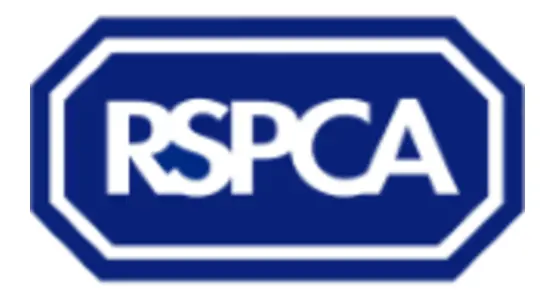Pets and Flooding
What Do I Do with My Pets in a Flood?

Pets and Flooding - What Should You Do with Your Pets in a Flood?
It's estimated that there are some 20 million pets in the UK, that's
roughly half of all households! When flooding impacts an area it's not just
people that are at risk and in danger, pets are too.
Rescuing pets can be as difficult and big a challenge as rescuing people,
and whilst the emergency service play their part, the RSPCA are a vital
part of Defra's National Flood Response Team.
The RSPCA are geared up to handle every eventuality and when it comes to
flooding they have approximately 100 officers trained and equipped to deal
with flood stricken animals and a fleet of 35 inflatable boats to rescue
them in.
Pet and Flood Insurance Cover - What do you Need to Know?
Many home insurance policies also offer some cover for your pets:
Alternative accommodation for your pet
One of the first challenges you'll face if your home is flooded is finding
somewhere to live in both the immediate aftermath and then longer
term whilst your home is being repaired. Insurers commonly include domestic pets
as part of your family and as such if your policy has alternative
accommodation cover included, your pets are likely to be covered too. Sometimes it's not possible for your pets to remain with you
whilst your home is being repaired so if boarding or kenneling is required
then this is likely to be covered under your alternative accommodation
cover as well.
Damage to your pet's beds, toys etc.
If flooding ruins your pet's bedding and toys then this should be covered by
your home contents insurance. All insurance policy wordings vary so its important that you check yours to see what's covered.
Pets and Flooding – What do I do with my Pets in a Flood?

The RSPCA issues great advice for pet owners on how to prepare and manage your pets in the event of a flood:
1. How to prepare for a flood
- Make sure that your cats and dogs are registered and microchipped.
- Plan your escape route.
- Ensure you can be contacted in an emergency.
- Keep the phone numbers to hand of people who can help move your animals.
- Ensure that you have suitable carriers to transport small animals.
- Prepare a supply of food for your pet in case you need to evacuate your property.
- Pets may not be allowed in emergency shelters so consider how you would find alternative accomodation for them.
2. Be aware and act early
- Floodwater rises rapidly. If there is a flood warning don't hope for the best, act early.
- If it's possible to, bring all small animals inside and upstairs.
- Move your pet's food, bedding and fresh water somewhere dry.
- Keep your pet's favourite toys dry, these may comfort your pet.
- Put important documents such as microchip numbers, vets and vaccination details in a sealed bag, along with a photo of your pet in case your pet gets lost.
3. What to do if your home floods
- Put your flood plan for your animals into action.
- Don't put your own or another life in danger to attempt an animal rescue.
- Small animals must be transported in suitable carriers, birds in a secure cage and dogs using sturdy leashes.
- Remember to take your animals' food, water, bowls and bedding with you if you have time to when evacuating your home.
- If you have to leave your animals behind, leave them inside an upstairs room with plenty of food and water. Leave notices on the outside doors to say there are animals inside and contact us or your local Flood Warden immediately.
- The RSPCA is part of Defra's National Flood Response Team and in an emergency, you can contact them on 0300 1234 999, keep this number stored in your mobile phone if you have one.
4. Stay Informed!
You can call Floodline - 0845 988 1188 for the latest information and flood
warnings or visit https://floodassist.co.uk/flood-warnings/map for the latest live flood warning updates.
RSPCA Emergency contact number (manned 24-hour a day) 0300 1234 999
Have you got a question that we've not answered? Call our team on 01832 770770, we'll be happy to help.